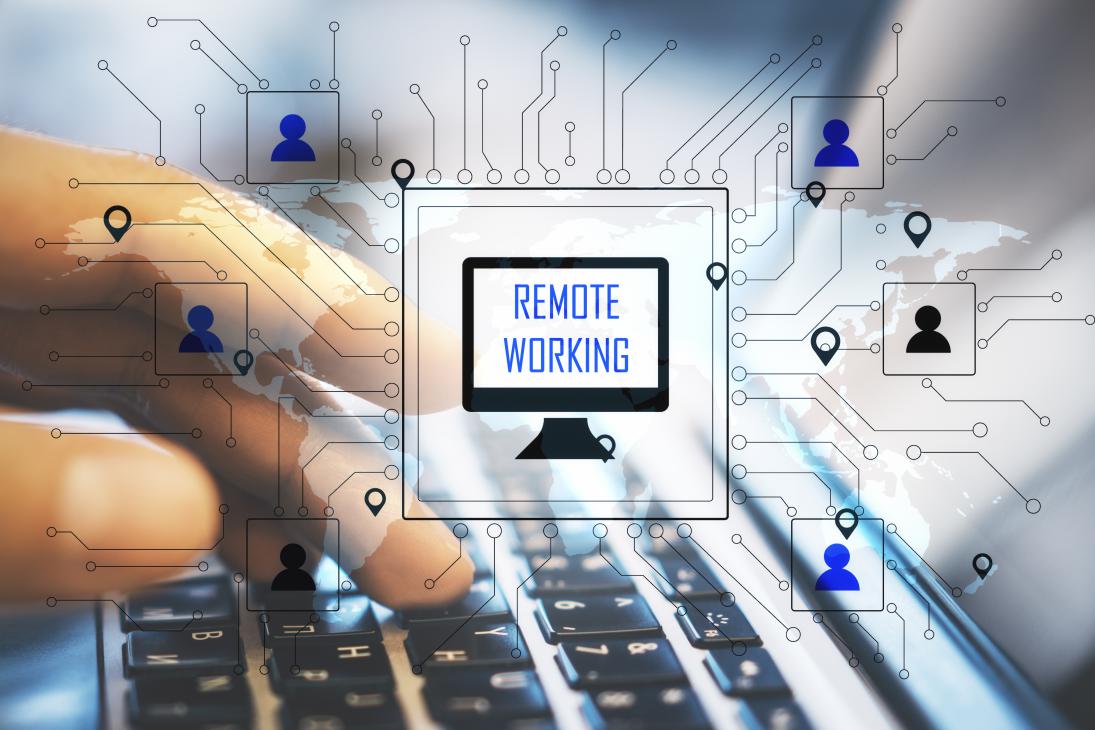
Attributes required to develop by an individual in a remote work location

LeSoft
When employees step onto remote work suddenly due to the pandemic's outburst, remote work seems challenging. More than one year of remote working made people accustomed to a remote working nature.
Most of the employees were flexible enough to cope up with the challenges of remote working. Employees have to tap more into a different set of skills than we usually do in a remote workspace to be more productive, successful and connected.
Technical knowledge
Remote employees come across various tools for communication, project management, conferencing, document sharing, etc. Although they need not have in-depth knowledge of every type of technology and tools they use, they need to be comfortable accessing digital technology. Remote employees need to have an enthusiasm to try out new digital technology.
Organizing and planning
Employees should have constant organizing, scheduling, and planning to make sure they always stay productive during remote working. Since remote working often lacks the in-human presence of your team members to keep you motivated or team leads to monitor your progress, it is essential to have proper planning in hand.
You must determine your priorities and create a task list for all the works you have to cover up, estimating the time required to complete the tasks. It may take some trial and error to figure out how long it takes you to complete a task. After all, tasks that would have taken a long time in the office may be completed faster when you work from home, and vice versa.
Adaptability
Especially in a remote work environment, being adaptable and flexible to new ways of doing are important to attain success. Work from home environment opens increased opportunities to communicate and collaborate. Maintain an open mind set on adapting your job to fit the way others operate to foster great working relationships.
Enhanced collaboration
Collaboration is a pivotal factor when the workforce has been moved remotely. Collaboration is easy when the colleagues are physically close to them. But during the work-from-home days, it has become challenging to stay connected with your colleagues and team leads, no matter if they are in different locations or time zones.
To cooperate effectively, remote employees must establish trust with their coworkers and do regular check-ins to verify that everything is going well. To foster togetherness, they should also make an effort to get to know their coworkers more personally.
Increased need of team spirit
Remote employees should be able to have an increased team spirit. Effective teamwork becomes the key to success, especially if the team are dispersed across various locations. Teamwork requires seamless communication and collaboration, the ability to share and listen to ideas, respect for each other, empathy, understanding and value your colleagues' opinions.
Employees can only make the most of those tools if they have the right teamwork skills. Organizations can build an ideal collaborative work environment where employees can access the right digital tools to collaborate and communicate. Still, employees can only make the most of those tools if they have the right teamwork skills.
Effective time management
If not scheduled properly, remote working can lead to overwork and long-term burnout. Employees must be able to maintain a work-life balance while working from home. Every day, manage your schedule, time, and expectations by prioritizing the activities that must be completed while allowing others to fall into place as time permits.
As if you were heading into an office, create a calendar and a to-do list that you can check off to keep the momentum going and show progress.
Strong written communication skills
Though audio and video conferencing have become popular in a remote work environment, the dependency of email, instant messaging tools, etc., also finds space in a remote work setup. The absence of strong written communication skills may lead to miscommunication and can result in wastage of time and frustration among colleagues.
So be careful to write with clarity and succinctly when you communicate with your remote teams.
Troubleshooting skills
While remote workings, employees may come across certain challenges, so they should possess a knack for independent and successful troubleshooting. When trouble arises, they need to be able to find solutions and document them on their own.
If the same problem develops again, documentation will come in helpful, and it should be shared with anybody on the team who would benefit from it.
Remote work is the future
Work in a post-pandemic environment will be very different. Employees will spend an increasing amount of time working outside the workplace, even if they are not officially working from home.
As a result, businesses will seek out employees who can work remotely professionally, efficiently, and productive manner. As a result, employees must be aware of the evolving digital culture and develop skills that will enable them to be effective as remote workers.